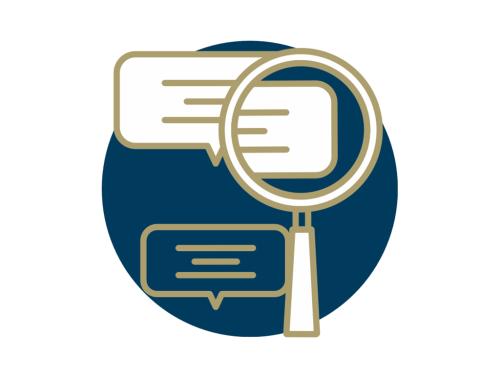Eliminating Barriers to Affordable Housing
.


The GW Regulatory Studies Center scholars regularly conduct applied research to understand regulatory policy and practice from a public interest perspective. Our content often takes the form of public interest comments, formal testimony, working papers, policy insights, and short commentaries analyzing the most pressing issues in regulatory policy. View the rest of our material by the different types of publications listed on this page or our research areas.

Long-form publications intended for academic audiences that take a deep dive into a particular aspect of regulatory policy.

Scholarly analysis of the potential effects of particular rulemakings from federal agencies, and advice to Congress on how to improve the rulemaking process.

Short-form publications intended for all audiences which provide easy to access analysis of regulatory policy.

Formal publications, often completed with other leading organizations and individuals, providing a thorough understanding of regulations and the rulemaking process.

The weekly Regulation Digest contains everything you need to know about regulatory policy today, and our monthly Center Update gives you all of the latest from our team.
For accessible charts and supporting data that you can use in your own publications or presentations, visit the Reg Stats page.
EPA's rules will face new legal challenges based on both the economic analysis and statutory authority. This Policy Insight reviews some of the major issues.
A Two-Year Lookback on Trump’s Deregulatory Record
How is the Trump administration’s deregulatory program going? That was the topic of a panel discussion hosted by the Regulatory Policy Committee of the American Bar Association’s Section on Administrative Law and Rulemaking last week.
IRS's Safe Harbor Notice on State and Local Tax Credits
On June 11, 2019, the IRS published a guidance notice stating that certain individuals who receive state or local tax credits in exchange for contributions to or for the use of a charity or other entity described in section 170(c) can treat the contribution as a state or local tax payment. The Treasury Department and IRS requested comments on this Notice by July 11, 2019.
FDA's Proposed Rule on Mammography Standards
Early detection of breast cancer can save lives. Mammography is one of the screening tools that has contributed to reductions in breast cancer mortality. FDA has a unique role in mammography and should be commended for proposing to update its rules, particularly for those updates that reflect new technologies, such as the provisions related to digital mammography that update old regulatory terms like “x-ray film.”
